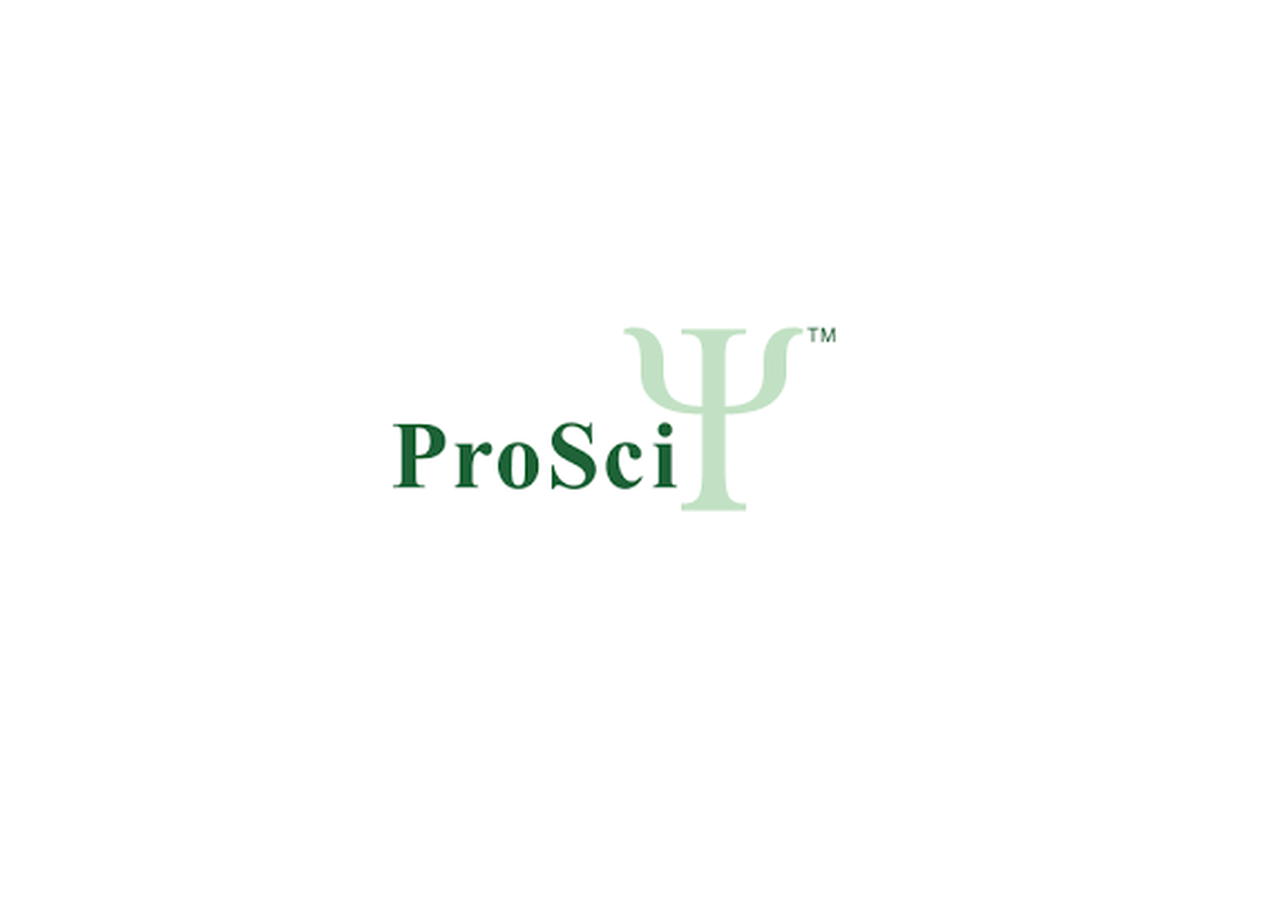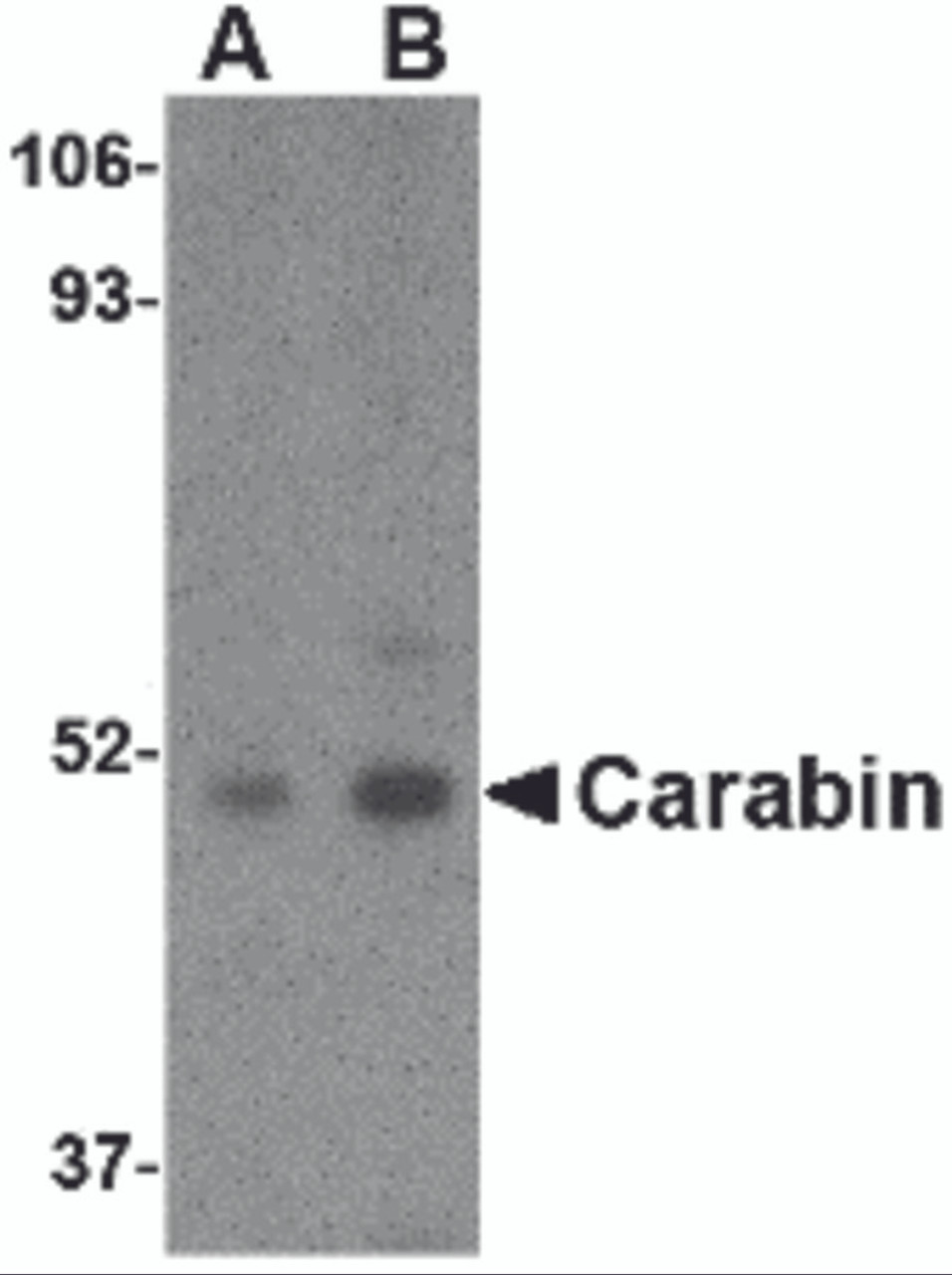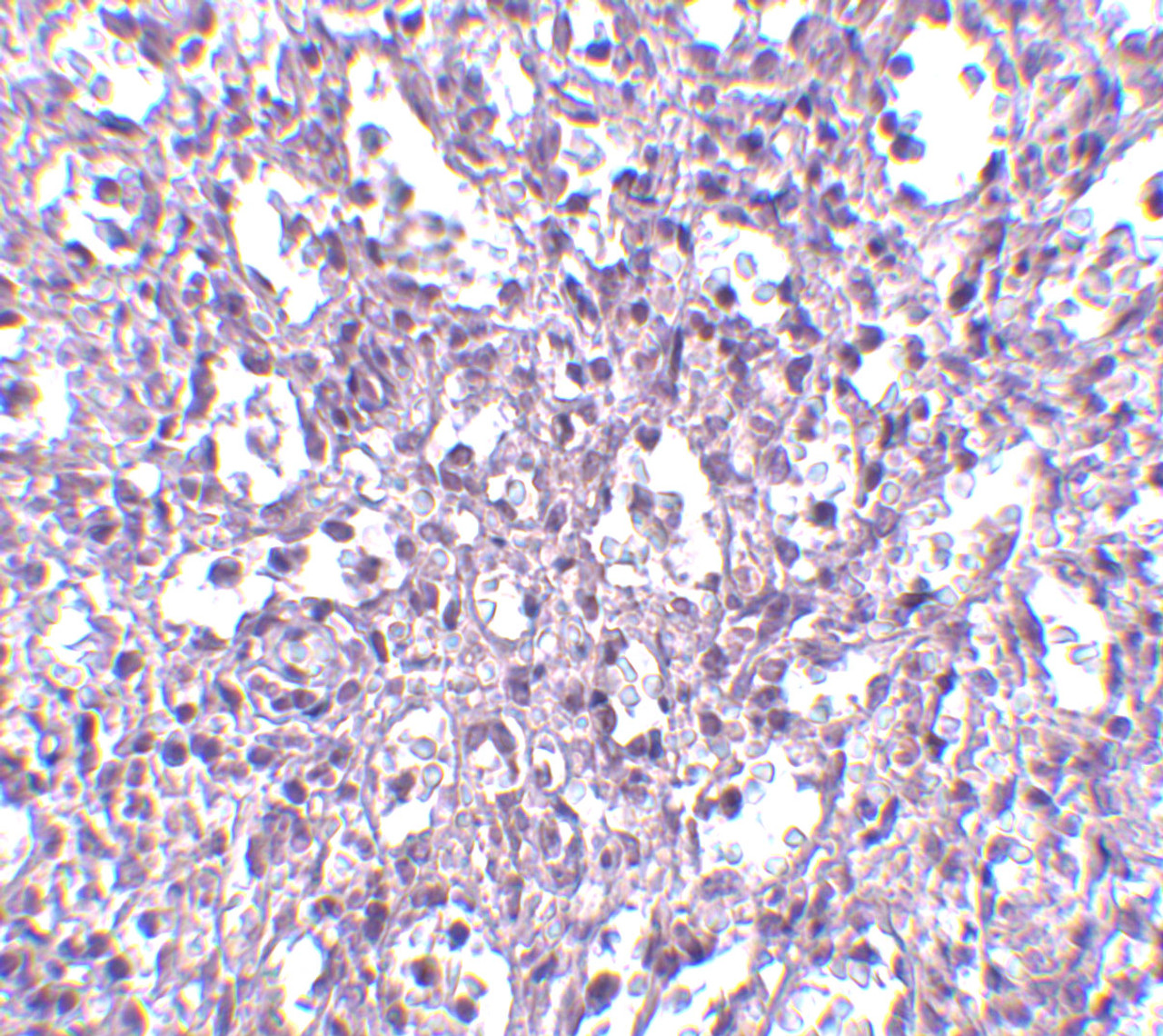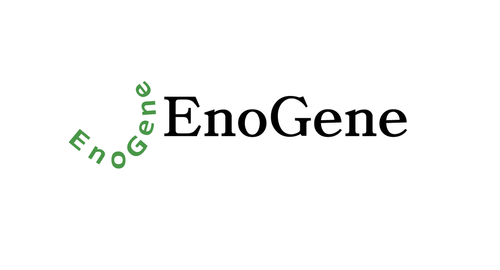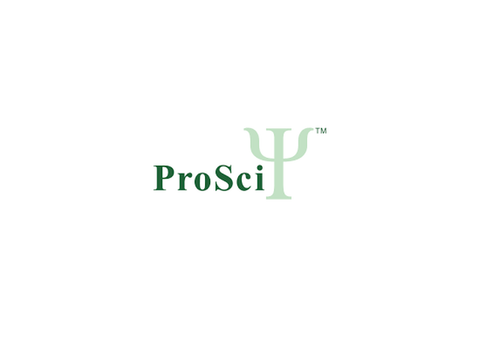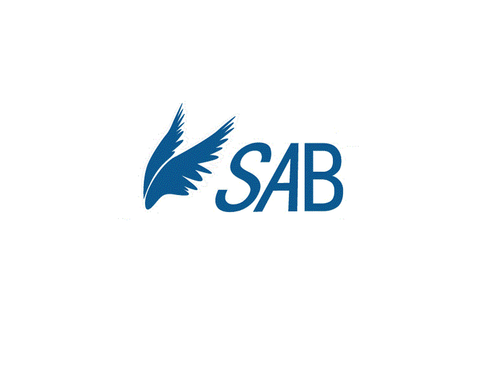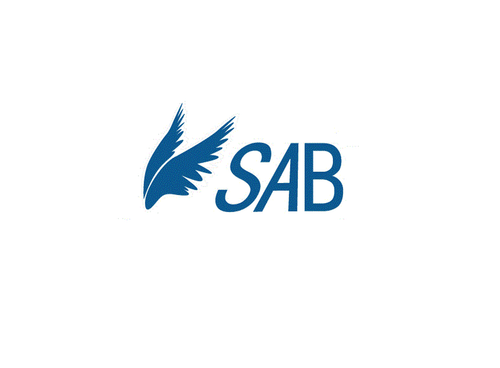Product Description
Carabin Antibody | 4267 | ProSci
Host: Rabbit
Reactivity: Human, Mouse
Homology: N/A
Immunogen: Carabin antibody was raised against a 16 amino acid synthetic peptide from near the carboxy terminus of human Carabin.
The immunogen is located within the last 50 amino acids of Carabin.
Research Area: Immunology
Tested Application: E, WB, IHC-P
Application: Carabin antibody can be used for detection of Carabin by Western blot at 1 - 2 μg/mL. Antibody can also be used for immunohistochemistry starting at 2.5 μg/mL.
Antibody validated: Western Blot in human samples and Immunohistochemistry in human samples. All other applications and species not yet tested.
Specificiy: N/A
Positive Control 1: Cat. No. 1224 - Daudi Cell Lysate
Positive Control 2: Cat. No. 1306 - Human Spleen Tissue Lysate
Positive Control 3: Cat. No. 10-901 - Human Spleen Tissue Slide
Positive Control 4: N/A
Positive Control 5: N/A
Positive Control 6: N/A
Molecular Weight: N/A
Validation: N/A
Isoform: N/A
Purification: Carabin Antibody is affinity chromatography purified via peptide column.
Clonality: Polyclonal
Clone: N/A
Isotype: IgG
Conjugate: Unconjugated
Physical State: Liquid
Buffer: Carabin Antibody is supplied in PBS containing 0.02% sodium azide.
Concentration: 1 mg/mL
Storage Condition: Carabin antibody can be stored at 4˚C for three months and -20˚C, stable for up to one year. As with all antibodies care should be taken to avoid repeated freeze thaw cycles. Antibodies should not be exposed to prolonged high temperatures.
Alternate Name: Carabin Antibody: EPI64C, CARABIN, Carabin, TBC1 domain family member 10C
User Note: Optimal dilutions for each application to be determined by the researcher.
BACKGROUND: Carabin Antibody: Antigen binding by the T-cell receptor (TCR) is one of the critical first steps in the immune response, triggering a cascade of signaling pathways that ultimately lead to T-cell activation. Screening a yeast two-hybrid screen of a human T-cell cDNA library with calcineurin, a protein phosphatase involved in multiple signaling pathways including T-cell activation, resulted in the identification of Carabin, a member of the TBC1 domain family of proteins, as a calcineurin-binding protein. Unlike other members of the TBC1 domain protein family which are thought to have a role in regulating cell growth and differentiation, further experiments demonstrated that Carabin is part of a negative regulatory loop for the intracellular TCR signaling pathway as well as an inhibitor of the Ras signaling pathway, suggesting that Carabin may also mediate crosstalk between calcineurin and Ras. Carabin antibody does not recognize TBC1D10A or TBC1D10B. Carabin is known to exist in multiple isoforms.
 Euro
Euro
 USD
USD
 British Pound
British Pound
 NULL
NULL

